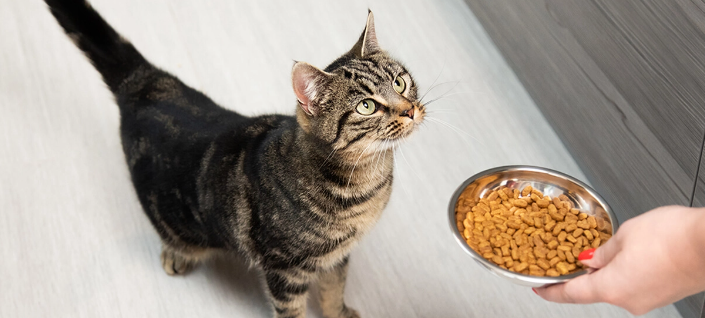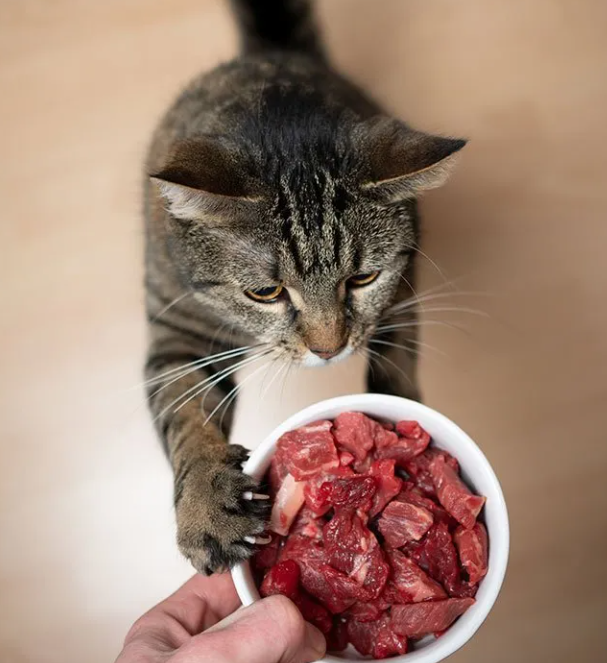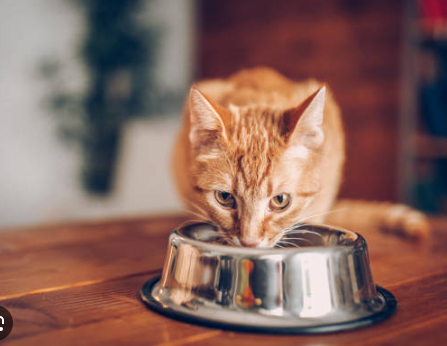Unveiling the Secrets to Feline Wellness: A Guide to Proper Nutrition for Cats
Embarking on a journey to ensure your cat's health and happiness starts with one fundamental element – proper nutrition. A well-balanced diet is the cornerstone of feline well-being, influencing everything from their coat shine to their energy levels. In this blog, I delve into the importance of a balanced diet, explore different cat food options, and unravel the intricacies of understanding your cat's dietary requirements.
The Importance of a Balanced Diet
Much like humans, cats thrive when their nutritional needs are met. A balanced diet for cats encompasses the right combination of proteins, fats, carbohydrates, vitamins, and minerals. Proteins are particularly crucial for these obligate carnivores, supporting their muscle development, immune system, and overall health. Fats provide a concentrated source of energy, while carbohydrates contribute to digestive health. Understanding the delicate balance of these nutrients is key to promoting a cat's longevity and vitality.

Different Cat Food Options
Choosing the right cat food is a critical decision for pet parents. From dry kibble to wet food and raw diets, each option comes with its own set of benefits. Dry cat food is convenient and helps maintain dental health, while wet food offers hydration and can be beneficial for cats with specific dietary needs. Raw diets, when properly balanced, mimic a cat's natural diet and are gaining popularity among pet owners seeking to provide a more natural and unprocessed option. Exploring these choices, considering your cat's preferences, and consulting with your veterinarian can help tailor a diet that suits your cat's individual needs.

Understanding Dietary Requirements
Just as every cat is unique, their dietary requirements vary based on factors like age, weight, activity level, and health conditions. Kittens, adults, and senior cats have different nutritional needs, and it's crucial to adjust their diet accordingly. Cats with medical conditions, such as diabetes or kidney disease, may require specialised diets to manage their health effectively. Regular veterinary check-ups and discussions about your cat's diet ensure that you're providing the best nutrition for their specific life stage and circumstances.
Proper nutrition is a fundamental pillar of your cat's well-being, influencing their vitality, longevity, and overall happiness. By understanding the importance of a balanced diet, exploring different cat food options, and tailoring their nutrition to meet individual requirements, you're investing in a healthier and more fulfilling life for your feline companion. Stay tuned as we continue to unravel the mysteries of feline care, one whisker at a time.
